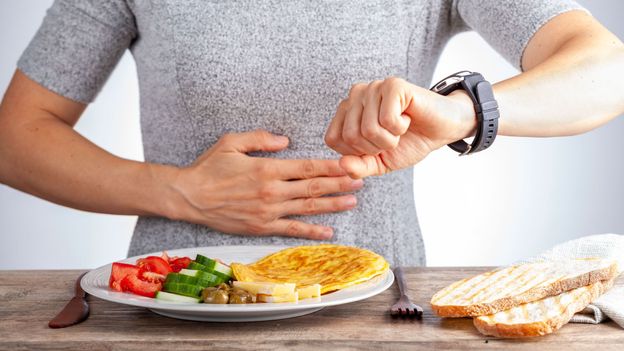
Fasting is linked to a process called autophagy, which is attracting a lot of interest for its potential health benefits.
Unlike calorie-restrictive diets (which have also been linked to longevity), the purpose of intermittent fasting is to increase the amount of time between the last meal of one day and the first of the next.(In theory, an intermittent faster could eat the same amount of calories as normal, though in practice Clarkson says most people reduce their intake slightly.) This could help to promote autophagy, but to understand how we should look at what happens to us after we eat.
It’s at this point, a stage called ketosis, that autophagy is triggered.
However, someone with a low-carb diet and who regularly exercises might move through it very quickly (the “keto diet”, in which you cut out almost all carbs to maintain low blood glucose levels and glycogen stores, works in the same way). “I would move away from intermittent fasting for fat loss, and if you want to adopt it think about the health benefits,” says Clarkson.
“But thinking about the nerves that are attached to our stomach and digestive tract – if your stomach is not distended your body will think it is hungry.” She adds that staying hydrated can help with the early feelings of hunger until your body has adjusted.
For most people, ketosis occurs 12-24 hours after eating, so if you have your evening meal between 18:00 and 20:30, the fed state would end between 21:00 and 23:30 and ketosis and autophagy might occur by 06:00 to 08:30 the following morning.“If you can make the informed decision of eating the evening meal an hour earlier and not snacking, you may be getting into that ketosis state by morning, versus someone who is having the high-carb evening meal and snacking, waking up at 06:00 and never getting into that state,” she says.Clarkson suggests starting by eating earlier on a Sunday evening, or having breakfast an hour later and starting from there, building up from one or two days each week.
With a careful approach, intermittent fasting might help your body to perform its own repairs and recoveries